The Prince of Wales is right, and I appreciate that this isn’t something people say very often. Now and again, certainly, Prince Charles does turn out to be right about things, such as the need for interfaith dialogue or the horrors of some modern architecture, but the manner in which he tends to be right about them does rather have the feel of happy coincidence. In the future, as Warhol didn’t quite say, we will all be right for 15 minutes. Unless it’s about homeopathy.
This week, you see, the Prince told Sky News that the war in Syria may be linked to climate change. Not, please note, that it was caused by climate change, let alone man-made climate change. His view is very much not that, if more of us drove electric cars, Raqqa would be at peace. Rather, he argues that a contributory factor in Syria’s instability was a long-running drought between 2006 and 2011, which prompted a massive influx of farming folk into the cities.
This is a theory which has been floating around for a few years now, based on a study conducted by the University of California in Santa Barbara. Normally, to be honest, it floats around quite annoyingly, generally cited by people (such as Charlotte Church, on Question Time last month) who give the impression of having already decided that climate change is the world’s greatest evil, and are prepared to overlook tyranny, jihadism, barrel bombs and the entire Arab Spring if it allows them to feel superior to anybody who doesn’t drive a Prius. Yet the frequent overstating of HRH’s case doesn’t entail him being wrong. In reality, the effects of climate change are not neat. They are not linear. They represent an added complication in an already complicated world.
Pretty much everybody, of course, is bored with climate change by now. Next week, global leaders will meet in Paris for COP21, the 21st United Nations climate change conference, and the overall vibe is one of weary angels dancing on a pinhead. Particularly with everything else that has been happening in Paris lately, it feels meandering, lofty and somewhat airy-fairy. Possibly this -sensation will be stronger in Britain than almost anywhere else, even France. For, as a political motivation for anything, climate change is dead in the water over here. Conservatives don’t even pretend to care about it any more. Jeremy Corbyn wants to reopen coal mines. The SNP, which used to make a lot of noise about wave power being Scotland’s glorious, world-leading patriotic future, has recently been looking the other way and whistling, as that fledgling domestic industry has largely collapsed. Even the Green party needs to wang on about Palestine for anybody to pay attention. Nobody cares about this stuff now.
At least, not over here. Yet, amid this indifference, the bigger picture is that Britain is actually starting to feel a little provincial. Germany’s big push for renewables (which was admittedly predicated on an hysterical and frankly stupid post-Fukushima fear of nuclear) is surging ahead, in precisely the manner that Scotland’s could be if anybody still gave a damn. Barack Obama treats climate considerations as a priority, and has taken the radical step of roping American industry into the deal he wants to strike in Paris beforehand, rather than following the past practice of striking one, and then trying to sell it at home. China now worries enormously about CO2 emissions, and doesn’t just pretend to in order to stop Europe shouting so much. With far less fanfare, Morocco is opening a vast solar plant next month in its otherwise useless desert, and aims to get 42 per cent of its energy from renewables (far more than us) by 2020. In the Philippines, meanwhile, coal use is set to surge, but the country is on the edge of a political crisis as a result.
None of this is about hippies waving banners. Not that you’d know it over here, but the global debate on climate change has moved on from whether past increases were mankind’s fault or not. They happened; frankly who cares? Rather, in an overcrowded world, governments are thinking about the future. Bluntly, the more vulnerable you are to change, the less likely you are to want to risk it. We will probably never know how much of a direct impact rising CO2has on temperature, just as we may never know how much drought contributed to the Syrian civil war. Certainty is an armchair luxury, whether it be of impending apocalypse or impending nothing at all. You weigh up the likelihood and you act accordingly, as much as you can.
My fervent hope is that the upshot of this, in Paris, will be a dearth of drivel. Less table-thumping, less brinksmanship, fewer pious declarations of ‘It’s now or never, or else we need to move to the moon’. Fewer sad, traditionally dressed chieftains from atolls you have never heard of being patronised at supposedly non-hierarchical roundtable discussion forums of regional interested parties, which achieve nothing, and aren’t even meant to. A complete absence of workshops about the virtues of life in a yurt.
Rather, a lot of sober talk about solar and wind and wave, and a focus on how you keep the lights on without sea levels — if only potentially — rising, and a complex world — if only potentially — getting more complex still. And sure, the usual suspects on both sides will shriek that it all goes far too far, or not far enough, but prepare to ignore them, if you don’t already. Maybe this stuff is finally about to get practical. About bloody time.
Got something to add? Join the discussion and comment below.
Get 10 issues for just $10
Subscribe to The Spectator Australia today for the next 10 magazine issues, plus full online access, for just $10.
You might disagree with half of it, but you’ll enjoy reading all of it. Try your first month for free, then just $2 a week for the remainder of your first year.


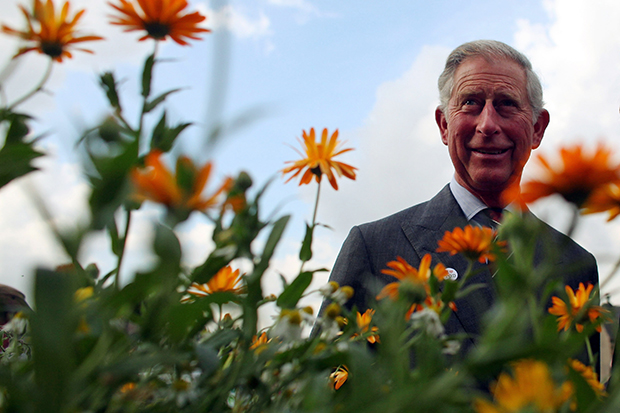
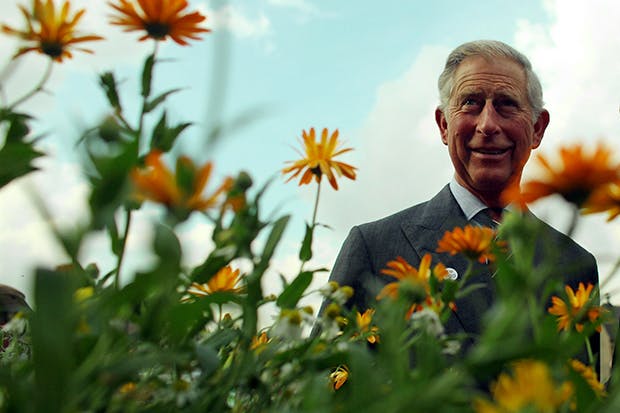
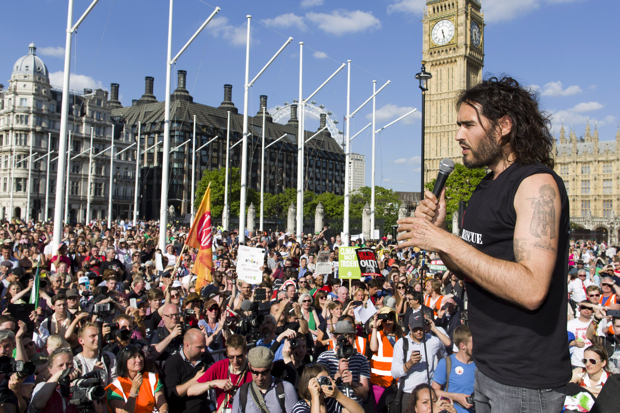
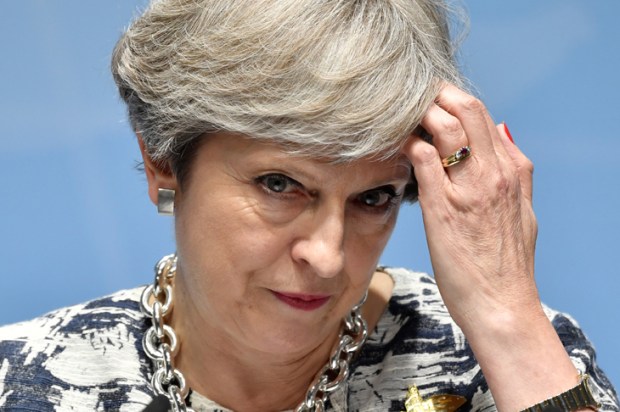


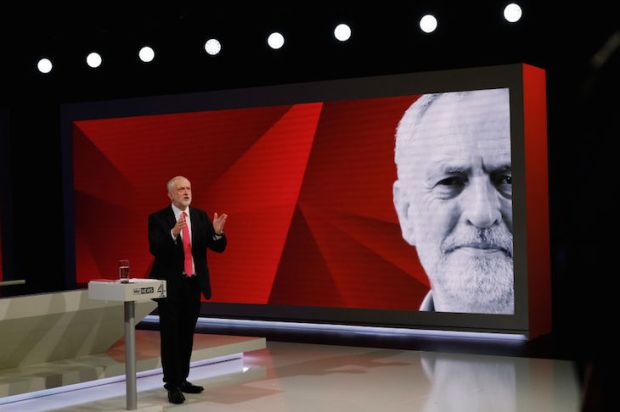






Comments
Don't miss out
Join the conversation with other Spectator Australia readers. Subscribe to leave a comment.
SUBSCRIBEAlready a subscriber? Log in